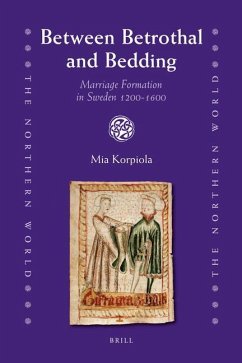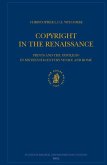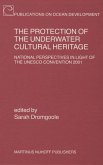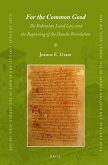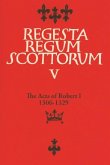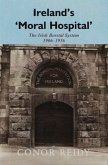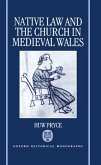Swedish medieval marriage formation was a process, written down in the secular laws. However, it started to evolve because of the interaction with the medieval Catholic marriage doctrine, which focused on mutual words of consent. Although first the canon law of marriage, and then Lutheran marriage dogma influenced the Swedish development, the perception of marriage as a process, consisting of several legal acts and accompanied by property transfers, proved remarkably resilient. The pragmatic and rural character of Sweden contributed to this, despite pressure from canon and Roman law and attempts at bringing marriage formation under ecclesiastical control. Marrying by stages was in itself unremarkable in Europe, but the legal foundation and formality make medieval and sixteenth-century Sweden a unique case study.
Hinweis: Dieser Artikel kann nur an eine deutsche Lieferadresse ausgeliefert werden.
Hinweis: Dieser Artikel kann nur an eine deutsche Lieferadresse ausgeliefert werden.

